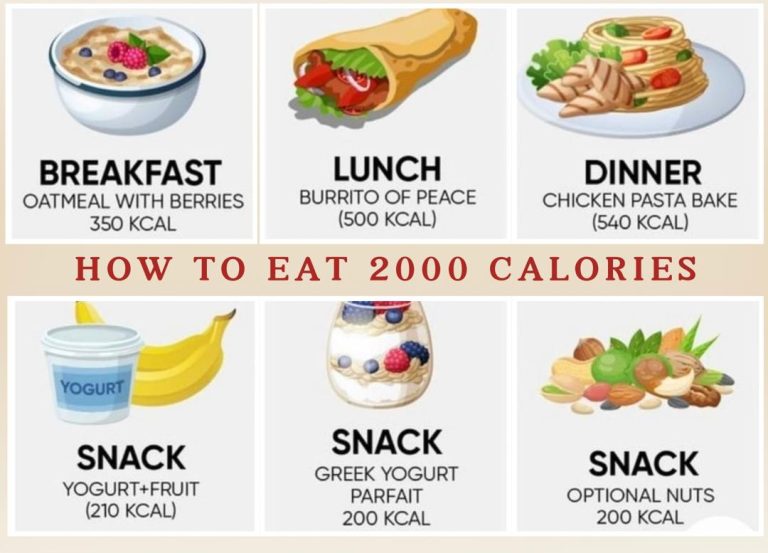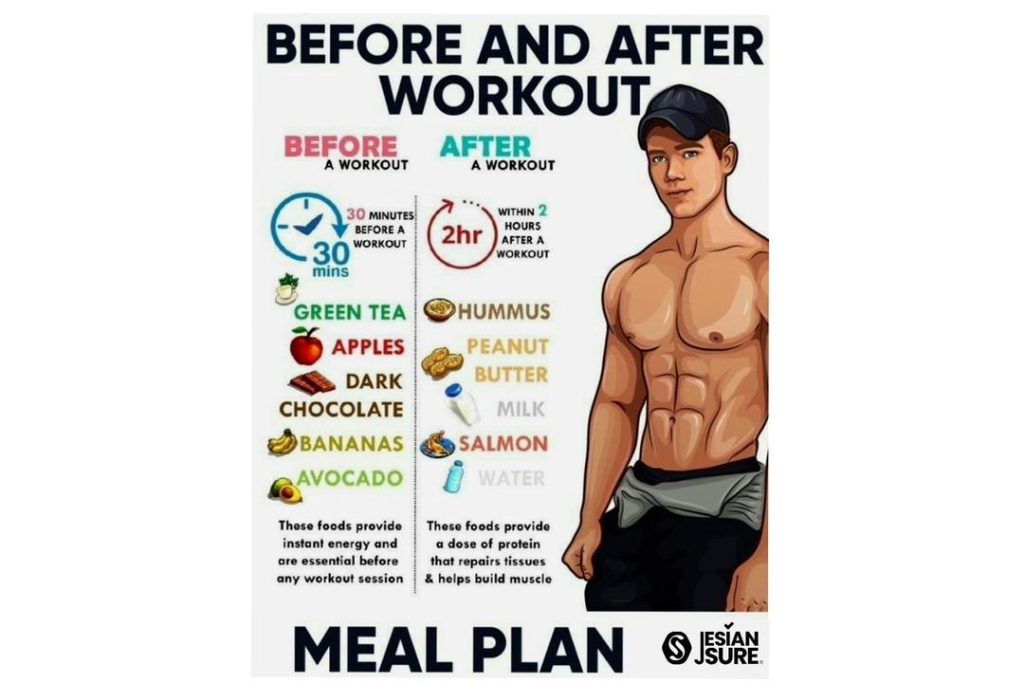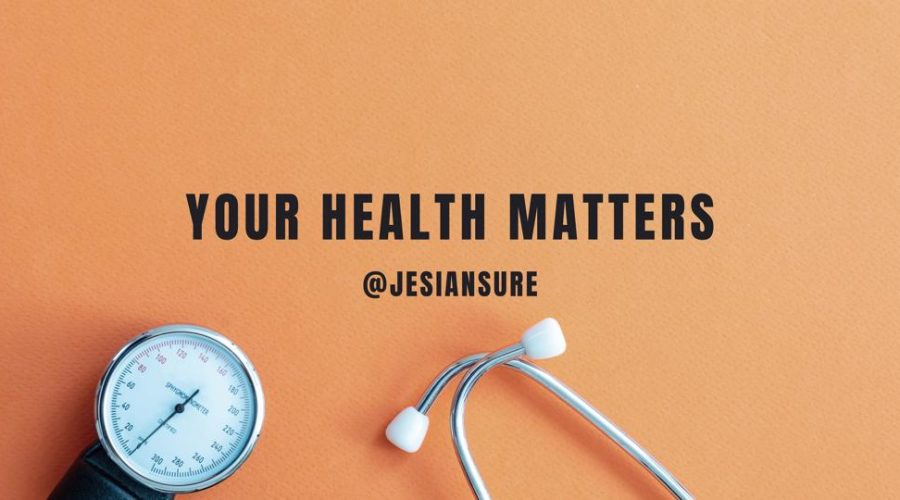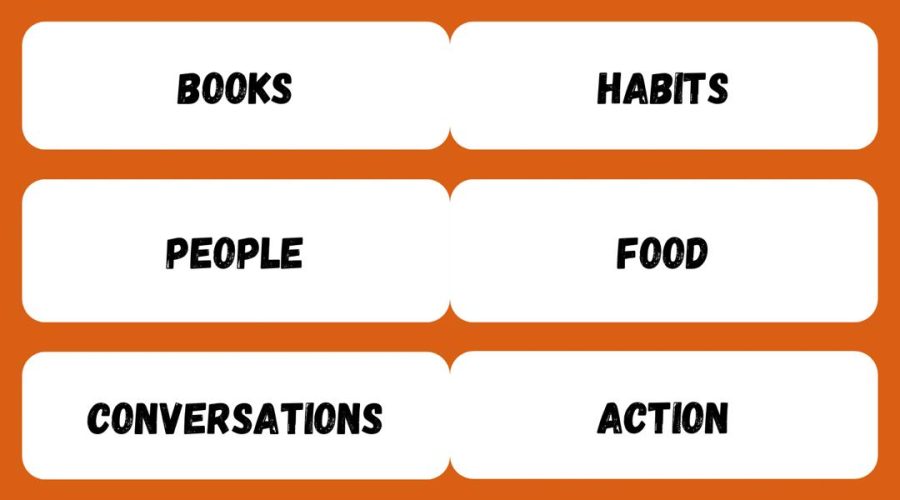How To Manage Your Daily Caloric Intake for Vibrant Health
When it comes to staying healthy and feeling your best, understanding and managing your daily caloric intake is crucial. But what exactly are calories, and why is it so important to keep track of them?
Calories are units of energy that fuel our bodies, much like gasoline fuels a car. Every time you eat or drink, you’re providing your body with the energy it needs to function. This energy comes from three main sources: carbohydrates, proteins, and fats.
Carbohydrates: These are your body’s go-to energy source. They break down into glucose, which your cells use for fuel.
Proteins: These are essential for building and repairing tissues, making enzymes and hormones, and supporting immune function.
Fats: Fats provide a concentrated source of energy and are vital for cell structure, hormone production, and nutrient absorption.
Why Managing Your Daily Caloric Intake Matters
Managing your daily caloric intake is about finding the right balance between the energy you consume and the energy you use. Here’s why it’s so important:
- Weight Management: To maintain a healthy weight, you need to balance the calories you eat with the calories you burn. Eating too many calories can lead to weight gain, while eating too few can cause weight loss. Both extremes can have significant impacts on your health.
- Energy Levels: Eating the right number of calories keeps your energy levels steady throughout the day. Too few calories can leave you feeling exhausted and weak, while too many can make you feel sluggish and bloated.
- Nutrient Intake: Focusing on nutrient-dense foods ensures you’re getting the vitamins and minerals your body needs without excess calories. This helps you stay healthy and supports all your bodily functions.
- Metabolic Health: A balanced caloric intake supports a healthy metabolism, helping your body efficiently use and store energy. This is crucial for maintaining healthy blood sugar and cholesterol levels.
- Physical Performance: Whether you’re working out at the gym, playing a sport, or just staying active, the right balance of calories can improve your performance and recovery. You’ll have the energy you need to push through your activities and recover afterward.
- Mental Health: What you eat affects how you feel. Proper caloric intake can boost your mood, improve cognitive function, and support overall mental well-being.
Caloric Needs for Different Age Groups
Children: Kids are growing and need the right amount of calories to fuel their development. Their needs can vary based on age and activity level.
Ages 2-3:
- Sedentary: Around 1,000 calories/day
- Active: Up to 1,400 calories/day
Ages 4-8:
- Sedentary: Between 1,200 and 1,400 calories/day
- Active: Between 1,600 and 2,000 calories/day
Adolescents: Teenagers are growing fast and going through lots of changes, so they need more calories to support their bodies.
Ages 9-13:
- Boys: Between 1,600 and 2,600 calories/day
- Girls: Between 1,400 and 2,200 calories/day
Ages 14-18:
- Boys: Between 2,000 and 3,200 calories/day
- Girls: Between 1,800 and 2,400 calories/day
Adults: For adults, how many calories you need can depend a lot on your lifestyle and age. Generally, as we get older, our metabolism slows down, which means we might need fewer calories.
Ages 19-30:
- Men: Between 2,400 and 3,000 calories/day
- Women: Between 1,800 and 2,400 calories/day
Ages 31-50:
- Men: Between 2,200 and 3,000 calories/day
- Women: Between 1,800 and 2,200 calories/day
Ages 51 and older:
- Men: Between 2,000 and 2,800 calories/day
- Women: Between 1,600 and 2,200 calories/day

How to Manage Your Caloric Intake
- Set Your Health Goals
Your caloric intake should align with your health goals:
- Weight Loss: To lose weight, consume fewer calories than your TDEE (Total Daily Energy Expenditure. Which includes calories burned through physical activity). Reducing your intake by 500-750 calories per day can help you lose about 0.5-1 kg per week.
- Weight Maintenance: To maintain your weight, consume calories equal to your TDEE.
- Weight Gain: To gain weight, consume more calories than your TDEE. Adding 250-500 extra calories per day can help you gain weight gradually.
- Plan Your Meals
Planning your meals can help you manage your caloric intake effectively. Aim to include a variety of nutrient-dense foods in your diet:
- Protein: Lean meats, fish, eggs, beans, and nuts.
- Carbohydrates: Whole grains, fruits, and vegetables.
- Fats: Healthy fats from avocados, nuts, seeds, and olive oil.
Balancing these macronutrients ensures you get the nutrients you need while managing your calorie intake.
- Monitor Your Intake
Keep track of what you eat to stay within your caloric goals. Use tools like food diaries or mobile apps to log your meals and snacks. This helps you stay accountable and make adjustments as needed.
- Make Adjustment When Needed
Your caloric needs can change due to various factors such as changes in activity level, weight, or health status. Regularly reassess your caloric needs and adjust your intake accordingly to stay on track with your health goals.
Practical Tips for Managing Caloric Intake
Stay Hydrated: Drinking water can help manage hunger and prevent overeating.
Eat Mindfully: Pay attention to hunger and fullness cues to avoid overeating.
Choose Whole Foods: Opt for minimally processed foods that provide more nutrients and fewer empty calories.
Be Flexible: Allow for occasional indulgences without derailing your overall goals.
Other health tips you should check out:












